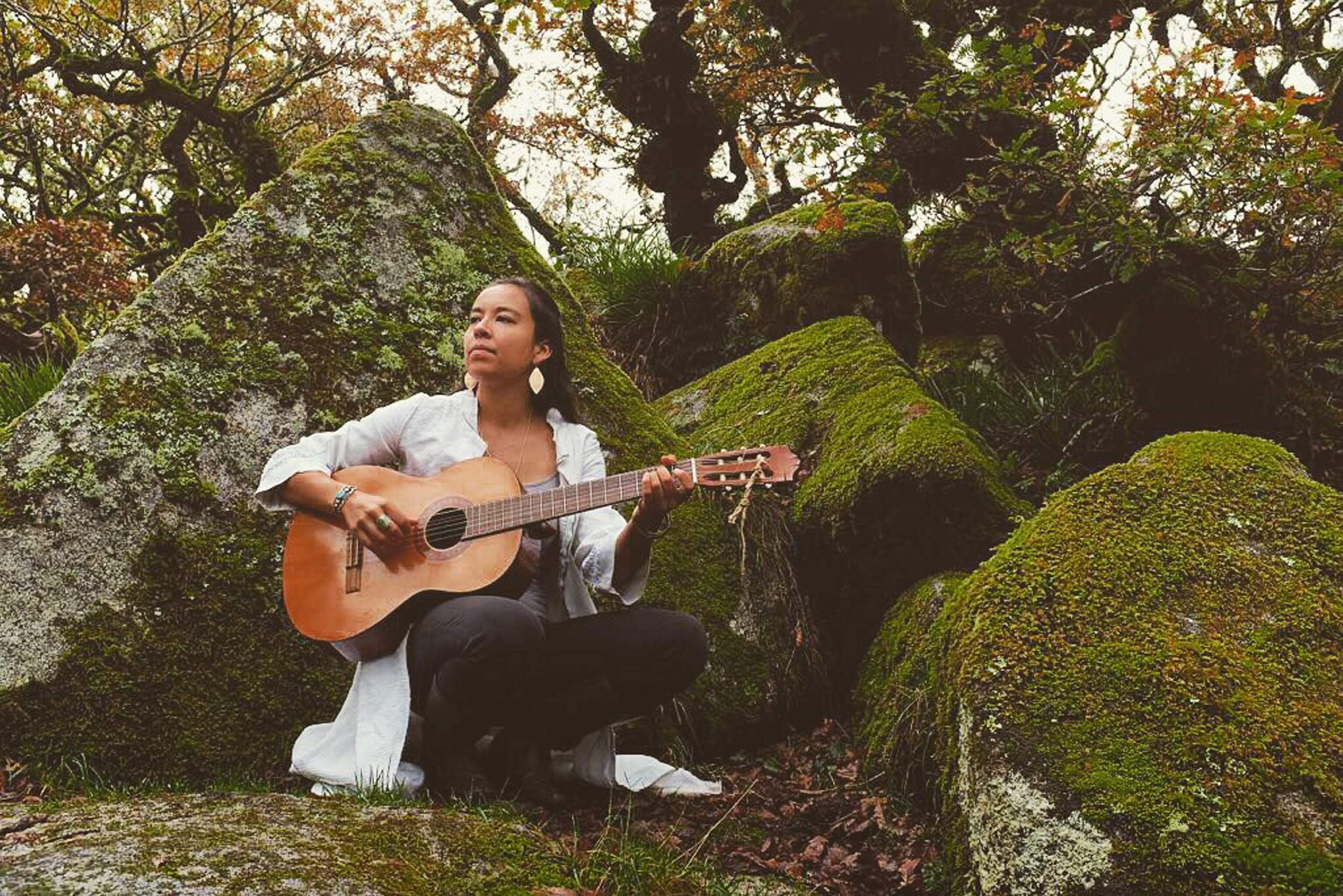While attending a screening of Robert Eggers’ new arthouse horror film, “The Lighthouse,” last weekend there was an older woman in my row occasionally heckling the film with phrases like “so bad” and “horrible.” Despite my regular insistence on defending the audience’s intelligence and advocating against producers sugar-coating film narratives, it was also a reminder that there really are two types of movie viewers: those who live and breathe film and those who just want to be entertained. “The Lighthouse” was one of those experiences where I could see both ends of the spectrum.
Shot in glorious 32-millimeter, black and white film (for you nerds out there), the film centers on two lighthouse keepers in 1890 on a tiny, New England island during a treacherous recurring storm. Ephraim (Robert Pattinson) and Thomas (Willem Dafoe) gradually drive each other insane from the isolation and jarring personality differences. While trying not to lose his patience and sanity with the mercurial old man, Ephraim also begins to sense something supernatural might be haunting the lighthouse.
On a strictly technical level, “The Lighthouse” is effective and breathtaking. The incredible cinematography by Jarin Blaschke makes the audience feel as though they’re watching a moving, vintage photograph. The atmosphere, tone, and direction is genuinely unsettling and appropriate for October – much more so than the recent releases we’ve gotten for Halloween-time like “It Chapter Two” or “Zombieland: Double Tap.”
“Even though it’s a very dark movie, the sets were actually blindingly bright,” Blaschke said in an October interview with Variety. “We’d put 500- to 800-watt halogen bulbs in the lanterns that would flicker and were only a few feet from an actor’s face. The way we make movies now, people have gotten used to a very low light level; it’s trendy to shoot wide open, digitally at 800 or even 2,000 ASA. Our actors talked about how they couldn’t see each other sometimes, which I felt bad about.”
The acting from the two leads, Pattinson and Dafoe, is superb. However, it looks like I’m in the minority of preferring Pattinson’s performance to Dafoe’s.
“The [dialogue was] so beautiful and I knew that was a world that he would make beautifully and it was a world that I wanted to enter,” Dafoe told The Playlist in October. “And the fact that he had a very ambitious and very clear of how he wanted to shoot it, and it was very particular, it felt special and you felt connected to it very much. And then he told me Rob Pattinson was going to play the other role and I thought that was good casting. I thought it would be an interesting combination, the two of us together.
But, like with Eggers’ previous indie hit and cult classic, “The Witch” (2015), I left the film emotionally cold. By the end of both pictures, I didn’t particularly care about the characters or what was going to happen next. Granted, Eggers is the type of director that is more about mood than plot, but sometimes that can be a divisive appeal and not appeal to an audience. So, in this case, I must side with the popcorn and candy crowd.
I will say this though, A24 Films was smart to release “The Lighthouse” in legitimate indie theaters catered to Eggers’ demographic, unlike the release of “The Witch,” which for whatever reason found its way into stadium theaters where many viewers walked out.
Megan Bianco













